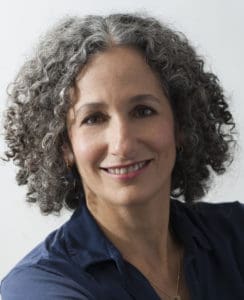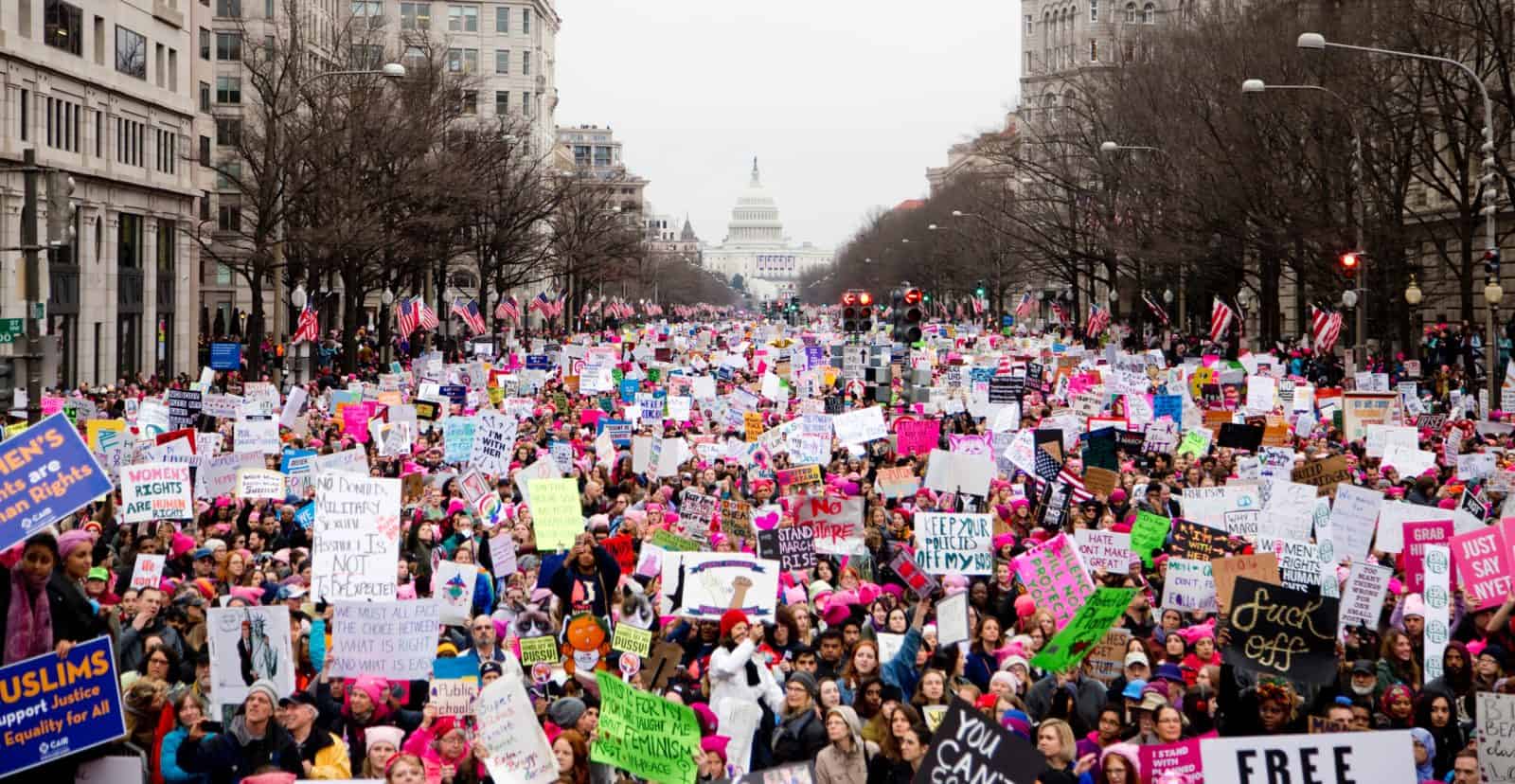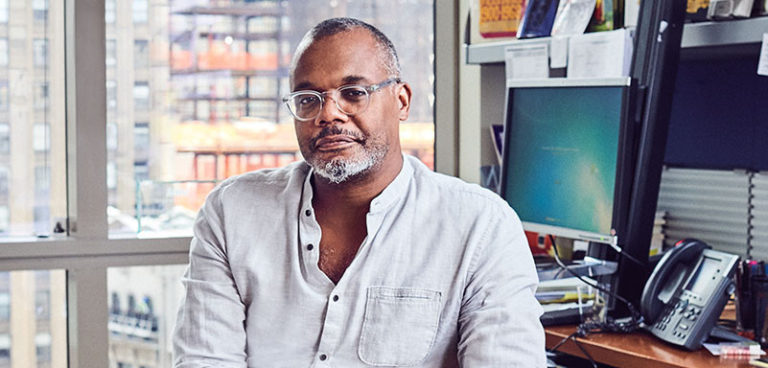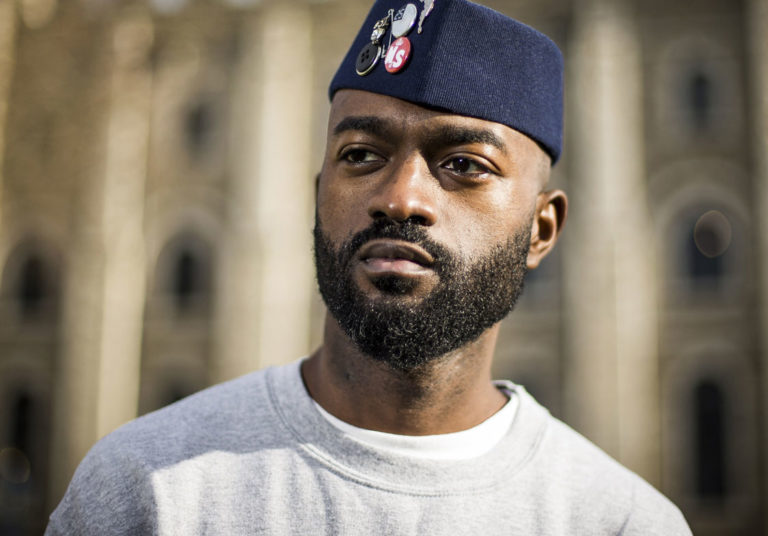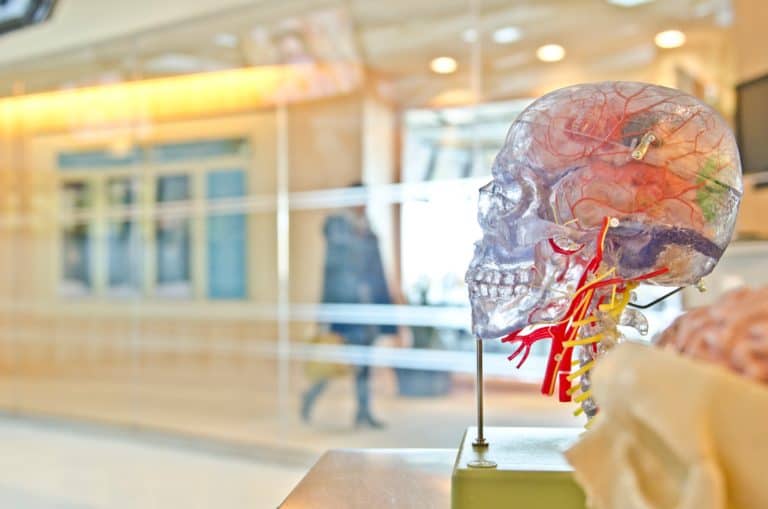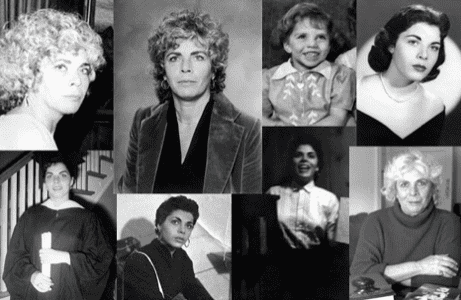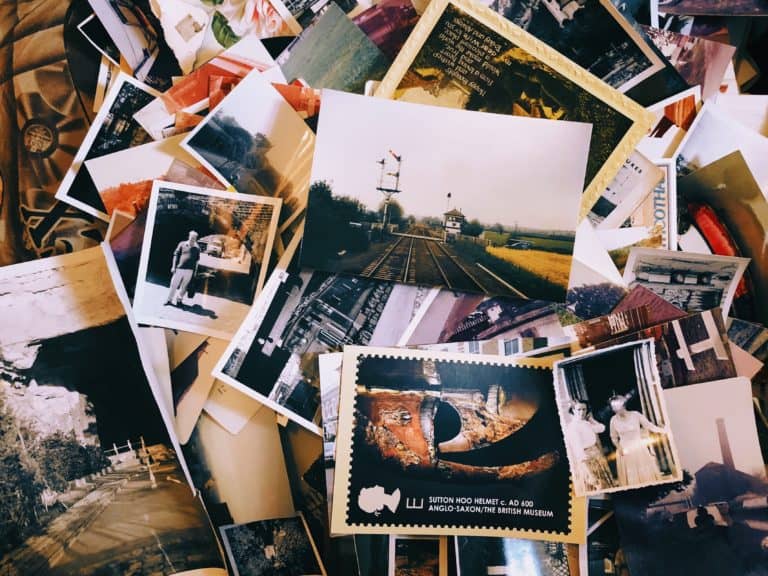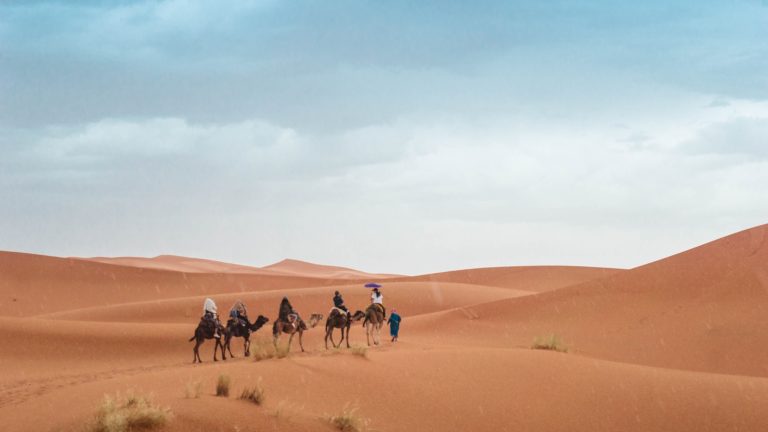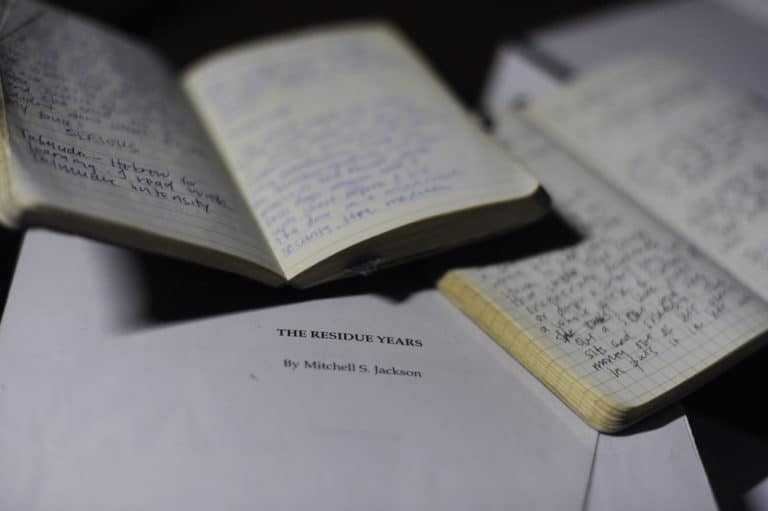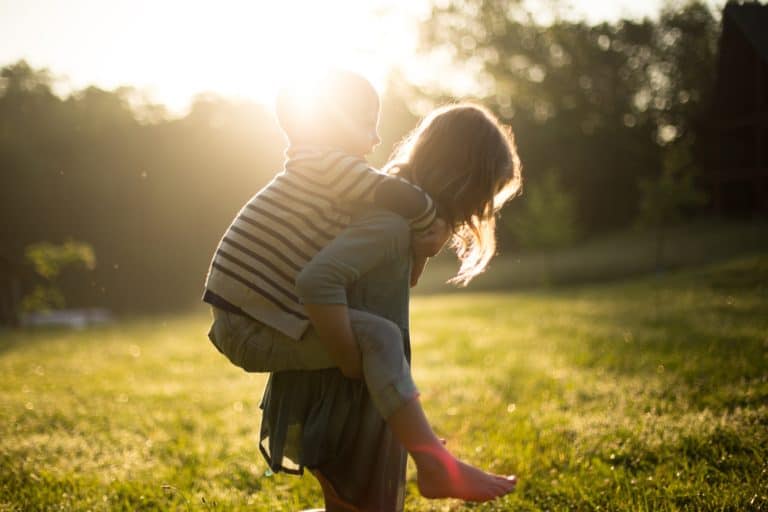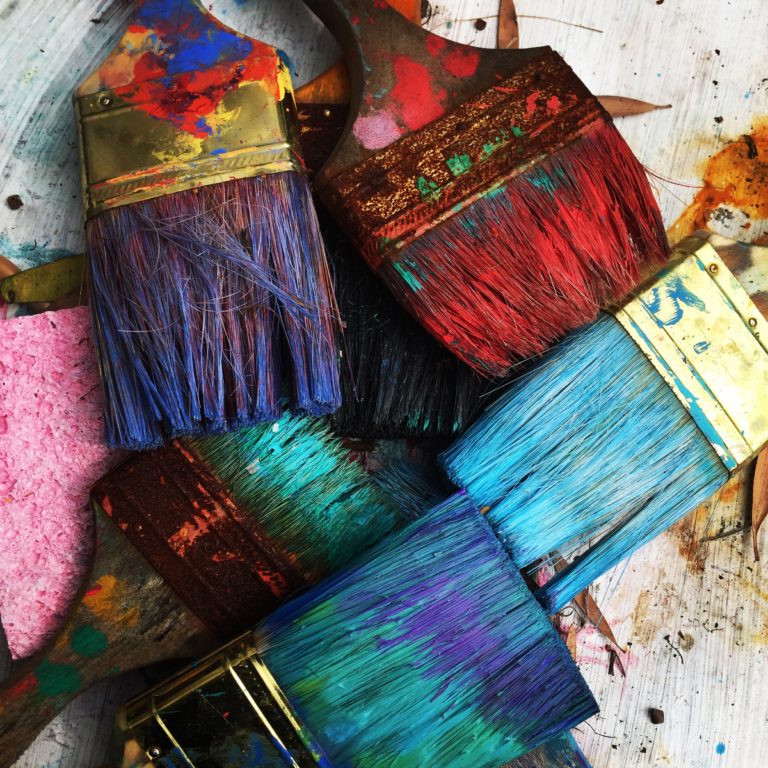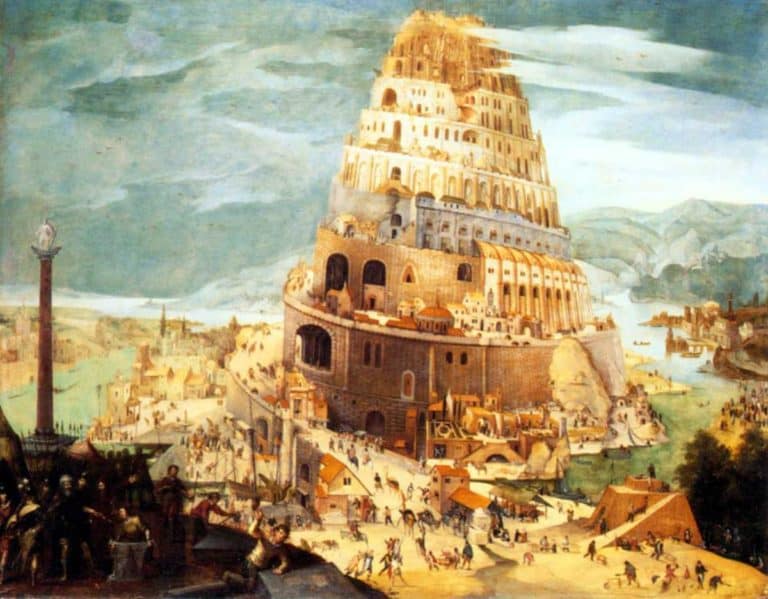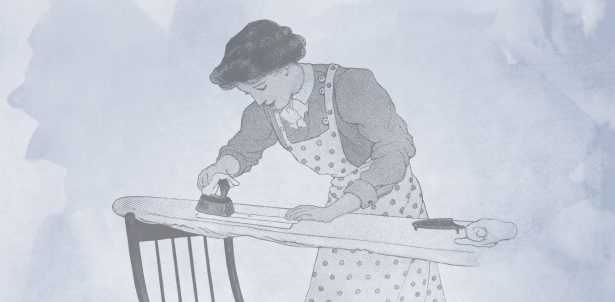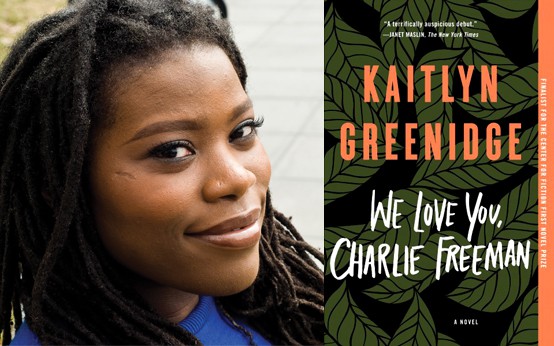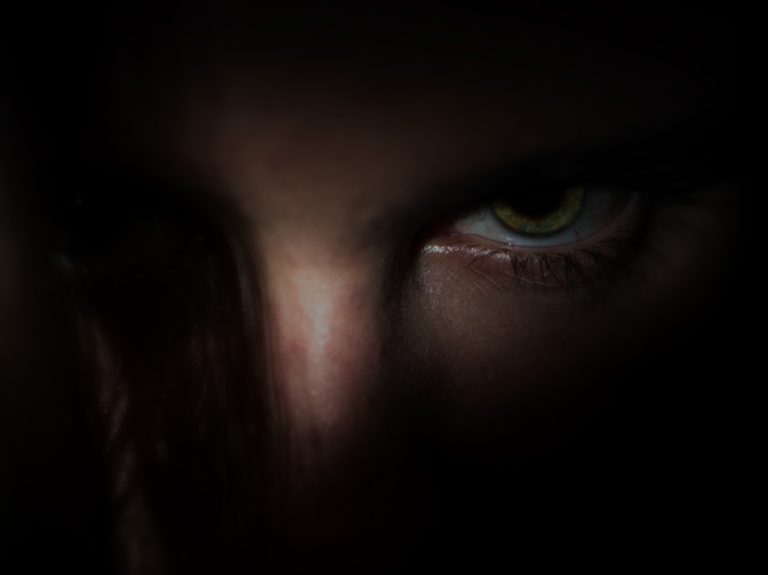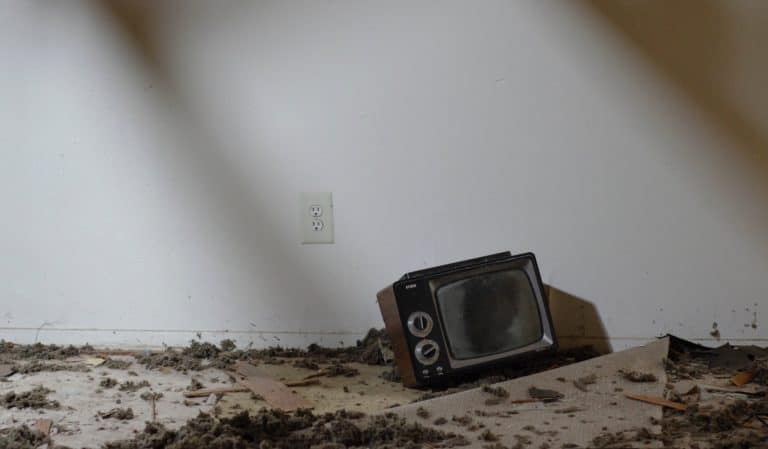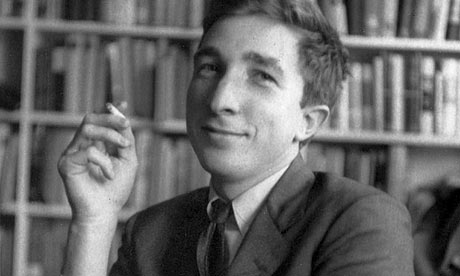In this essay, author Anne Landsman talks about growing up during South Africa's apartheid, how her Jewish parents quietly fought xenophobia, and what Trump's election means to her.
South Africa elected a white Afrikaner Nationalist government in 1949 and I was born ten years later, into a country in the process of enshrining its racism into a system of segregation known as apartheid. My Jewish parents, who had witnessed World War II from afar, spoke of what it was like to see the signs go in public places indicating those areas reserved for “Europeans,” and those for “non- Europeans.” It was a chilling reminder, they said, of the laws enacted by the Nazis. We lived in a country town where my father was a doctor. He saw patients of all colors from all income groups, living there long enough to often treat four generations of the same family.
Early on, I learned that the word kaffir was an unspeakably racist word, the equivalent of the “n” word here, and that anyone who spoke it aloud was someone to shun. I knew that when we went to the movies and the white audience jeered at images of black African statesmen in newsreels that there was something very shameful about the extent of their bigotry. (There was no television in South Africa as the government was determined to limit access to what was going on in the rest of the world.)
America was a distant place—both glamorous and terrifying. I remember asking my mother what the word “assassination” meant, the day JFK was gunned down. The wave of assassinations in the sixties shook us all. We subscribed to several American magazines—Life, Time, Newsweek—and the images of the KKK gave me nightmares. Hooded men in white robes who burned crosses on people’s lawns and hated blacks and Jews seemed to be the epitome of evil. “They’re very far away,” my mother would say, trying to reassure me. Our homegrown racists—no less virulent—were less theatrical, and did not hide themselves behind hoods. We could see their faces not only on the streets but leading our schools, cutting ribbons at new airports and hospitals, signing laws.
My parents believed in opposing apartheid by doing everyday acts of kindness and speaking out in small ways within their community. My father often treated his poorest patients, many of whom were black farmworkers, for free. When there was a drought, he told his richest patients, the white farmers who employed them, that God was punishing them for their “rubbishing laws.” I have a vivid memory of driving with my mother past a black woman in the throes of having an epileptic fit. My mother stopped the car, made sure that there was something in the woman’s mouth so that she did not swallow her tongue. Then we put her in the back and took her home to the area of our town zoned for “non-whites.” I will never forget the rigidity of her body in mid-seizure, and how wretched her living conditions were.
In 1976, the year I graduated from high school, was the year of the Soweto student uprising. The decade that followed was racked with political violence. For my entire young adult life, I saw my country’s racist policies up close as well as the viciousness of the government’s response to opposition. Living through this election year where hate speech, misogyny, Islamophobia, threats to the press, and anti-Semitism came out into the open, has brought back these horrifying memories as well as new fears. I fully understand what happens when a country retreats from civil norms and how long it takes to recover, or even to begin to rebuild.
Since last Tuesday, when a man with a white nationalist agenda who is endorsed by the KKK was elected president, I—like so many like-minded Americans—have been shaken to the core. Thirty-seven years of living here did not prepare me for this moment. Suddenly all the freedoms I so cherish in my adoptive homeland are in question. My coping mechanisms are in overdrive.
One strategy is seeking refuge in the communities that sustain me. Last Wednesday, the day after the elections, I attended an interfaith gathering in Washington Square Park and sang songs from the civil rights era along with men in yarmulkes, women in hijabs. Ruth Messinger, former Manhattan Borough President and founder of the American Jewish World Service, a nonprofit organization dedicated to providing nonsectarian humanitarian assistance and emergency relief to disadvantaged people worldwide, stood with us, her elegant gray head bowed.
People were openly sobbing. We inhaled and exhaled together for one long, extended primal scream that seemed to shake the autumn leaves from the trees. At yoga on Friday, we did a sequence for emotional stability that was given after 9/11, and after the Mumbai bombings. The first pose was Sivasana, corpse pose. We lay on the floor with pink bandage rolls tucked between our shoulder blades to literally lift up our hearts.
I have also been talking to strangers—a personality trait I inherited from my mother and seemed to have passed on to my daughter. I passed by Trump Tower last week where a small group had gathered, celebrating his victory. Encouraged by my daughter’s admonition to try to bridge the divide, I spoke to two smiling Christian Evangelical women. I asked them what they thought of Trump’s attitudes towards women. They said that while they didn’t condone his behavior, they believed Trump had had a change of heart in the last fifteen years. I said I hoped so, trying to practice resilient listening. The single most important issue for them was abortion. We had an honest exchange about this. I heard what they had to say, and I think they heard me. At the end of it, they thanked me for initiating the conversation. Then I ran into a knot of people yelling. A very irate woman with an Irish accent was spewing hatred about the Clintons and two men were shouting at her. I told one of the men not to engage, to step away from her. We walked away together and he burst into tears, saying, “America, how could you do this to us?”
My third coping mechanism is reaching out to my loved ones. The night of the election I spoke to my college-age son and daughter on the phone after the results were announced. My first impulse was to make sure that they were alright, remembering my own mother’s words of comfort at difficult times. (Sadly I could no longer say, ‘The KKK is “far away!”‘) Although they were both as shocked as I was, I heard the resilience in their voices, their strength. What I told them was how much I loved them, and that they were our hope and our future.
***
